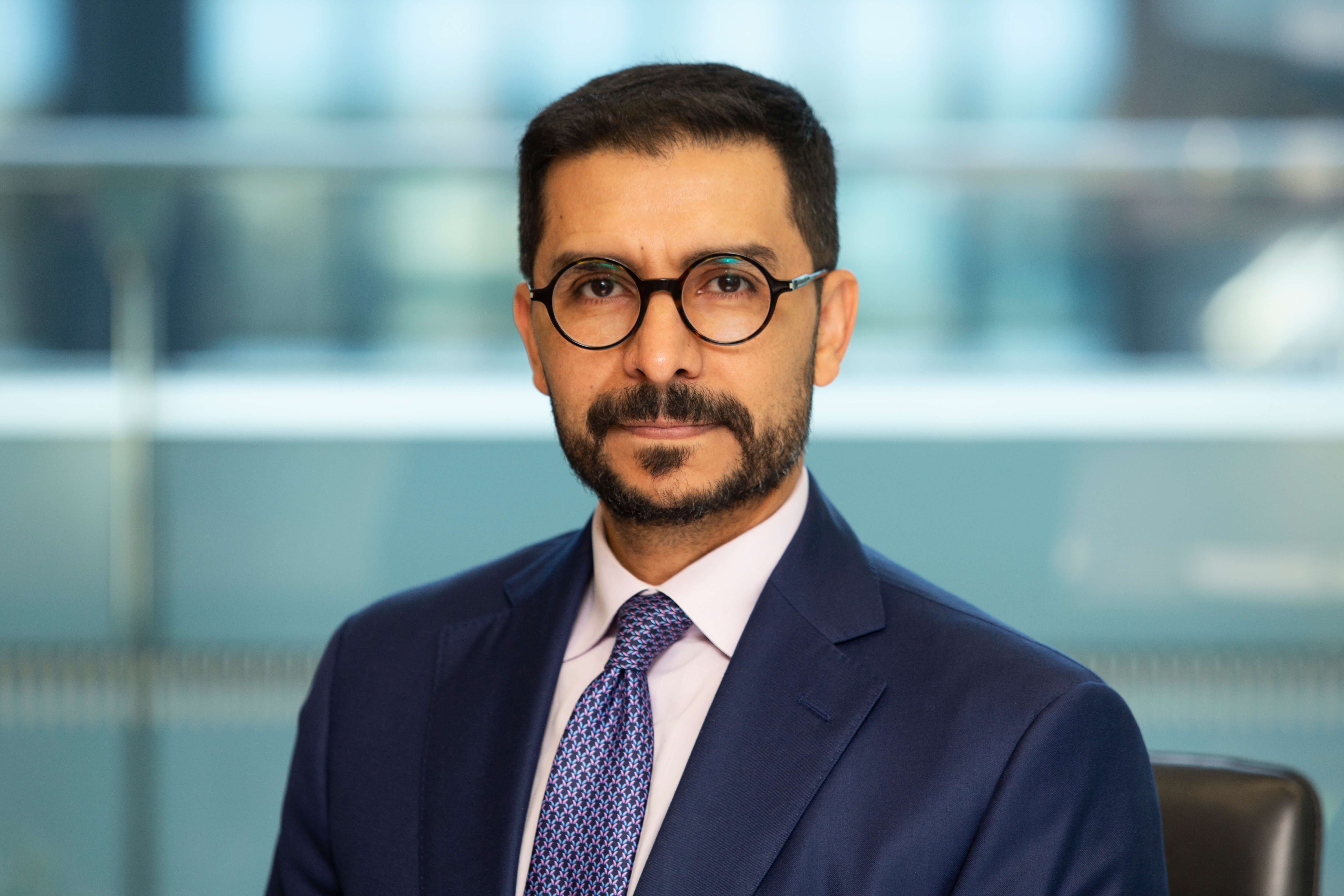Corporate Risk Radar: MEA | Episode 5 | Collaboration and proactivity key to managing risk in the Middle East and Africa
-
Balado 9 janvier 2024 9 janvier 2024
-
Afrique, Moyen-Orient, Royaume-Uni et Europe
-
Perspectives géopolitiques
-
Droit des sociétés
We have come to the fifth and final episode of the Corporate Risk Radar Podcast Series and host, Eva Maria Barbosa, is discussing the implications of the Corporate Risk Radar Report in the Middle East and Africa. Her guests for this installment are Jared Kangwana, Managing Partner of Clyde and Co in Nairobi, Kenya; Mohamed Barakat, Managing Partner of the Cairo office, Egypt; and Rebecca Kelly, a partner in Dubai, focusing on companies operating in and around the Middle East.
Barbosa begins by addressing the risk and digital landscape in each region, including common regulatory risks, obstacles to digitisation, and how digital transformation is evolving. The conversation then focuses specifically on cyber risks, with a look at client concerns and the extent of regulation and enforcement. This is followed by a brief look at ESG risks before each guest leaves listeners with one message to take away.
Starting in East Africa, Kangwana explains that while countries in the region have diverse regulatory requirements, there are common risks, not least digital privacy and protection, as “many African nations are still developing comprehensive data protection laws, which can lead to uncertainties around data handling and privacy compliance.” Diverse regulations mean that operating cross-border also presents significant challenges, as does the cost of meeting compliance requirements, particularly for SME businesses.
Barakat discusses the obstacles to digital transformation in Egypt, specifically in the fintech sector, which is currently flourishing in the region. With public trust a key barrier to the adoption of digital finance, he outlines how the Egyptian government is attempting to overcome this through three separate decrees; covering digital identity technology, digital contracting, and establishing an outsourcing registry to regulate oversees fintech companies.
In the Middle East, Kelly says there has been “an increase in the number of companies in the private sector as well as the public sector embracing digital transformation.” Innovation spans five key areas: smart cities as a catalyst for online services; a rise in digital health; the threat of cyber-attacks; and finally, the pace of legal and regulatory change in general. Kelly notes: “We have seen a significant change in the number of data protection and data privacy laws implemented across the UAE, Saudi Arabia and Bahrain.”
Focusing on cyber risk, Kangwana says it is a “growing concern” in Kenya due to increased reliance on technology in business, a lack of awareness, and resource constraints. While some jurisdictions are implementing cyber security policies, “enforcement and the effectiveness can vary across various jurisdictions.” Barakat describes a similar situation in Egypt where, with regulatory frameworks in place, the challenge now is ensuring that the rules are enforced effectively.
Barbosa raises the issue of ESG risk, which has been overtaken by general regulatory risk amongst respondents to the Corporate Risk Radar Report. In the Middle East, Kelly explains that, despite a lack of mandatory national requirements, ESG is still a priority for businesses in the region, with many responding to global demands for ESG reporting, to ensure that they can trade internationally. However, she anticipates more local ESG compliance requirements within the next 12 months, given: “the pace at which the legislation changes in this market and certainly as a response to the COP 28 developments…” Sovereign wealth funds in the region are also putting “ESG at the heart of their financial strategy,” she says.
In their final messages to listeners, guests agree that prioritising collaboration and proactivity will ensure businesses are prepared to comply with risk and regulatory developments as and when they arise. And, with the final word, Barakat stresses that Clyde and Co having legal “boots on the ground,” will be best placed to help clients stay ahead of the biggest risks in a rapidly changing world
Fin



